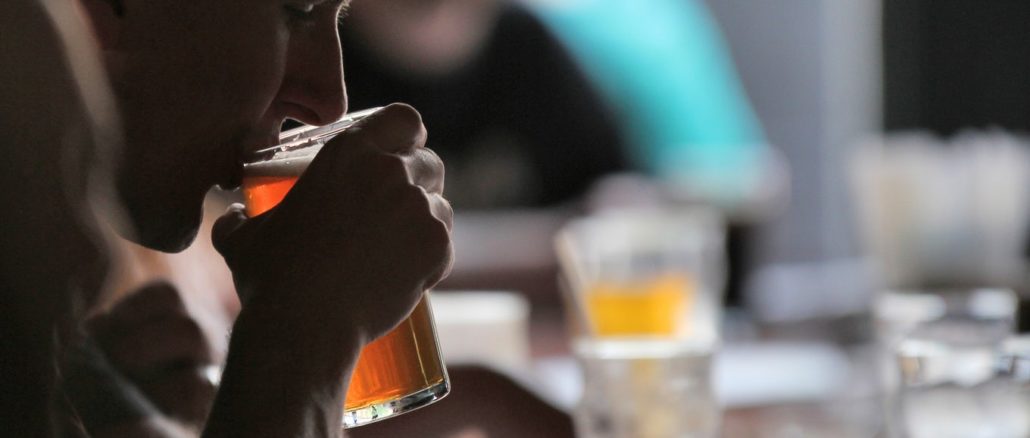
Parents who supply alcohol for Schoolies may believe they are exercising control over their kids’ drinking, but in reality they could be aiding riskier and heavier consumption, according to an Australian researcher.
Tina Lam told ABC Radio in Perth that surveys of drinking behaviour at Schoolies events showed teenagers did not limit themselves to drinking the alcohol they got from their parents.
Dr Lam, a research fellow at Curtin University’s National Drug Research Institute, is investigating risky drinking in young people.
“The most common reason why people might buy their children alcohol would be to control how much the child drinks — or think they control it,” Dr Lam said.
“They might also do it to be a friend to their child, to give them some alcohol so maybe they will have something to give their friends, and that will give them some social kudos in that group.”
Dr Lam’s surveys of 400 Western Australian school leavers found about 25 per cent had been given alcohol by their parents.
“Most of those kids who received alcohol from their parents, two-thirds of them actually went on to top up that alcohol with other sources,” she said.
“It definitely wasn’t a matter of drinking only what their parents provided and therefore what the parents perceived them to be drinking.
“Even if they got alcohol from their parents and only drank the alcohol they got from them, they were still drinking really high quantities.”
Dr Lam’s research found at school leavers’ celebrations, regardless of where they got their alcohol from, on average the teenagers drank 15 standard drinks a day.
“Even if they got the alcohol from their parents, from their friends, from a combination, it was roughly the same quantity each day and way beyond the low-risk quantity,” she said.
Dr Lam suggested that rather than providing alcohol, parents who wanted their children to limit drinking might be better having a talk with their kids about safe drinking, rather than trying to control the supply.
“Over a broad period of time it’s quite hard to identify what the impact of a parental discussion is on alcohol and drug use, but specifically within the context of leavers, we did find some small positive effect,” she said.
“We don’t know exactly what they were talking about, but we do know it was some sort of safety discussion around alcohol.
“It might have been promoting drinking water between drinks or letting a friend know when they have had too much.”
Dr Lam also pointed out that teenagers who chose to attend such celebrations were a self-selecting group and not reflective of overall drinking trends among all young people, where alcohol and drug use was in decline.
“Those low-risk drinking kids are actually part of the major abstention trend that we are currently in and have been in the past 15 years or so,” said Dr Lam.
“More and more young people are choosing not to drink.”
SheSociety is a site for the women of Australia to share our stories, our experiences, shared learnings and opportunities to connect.

Leave a Reply